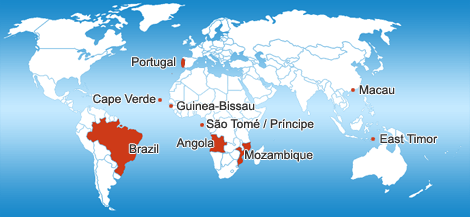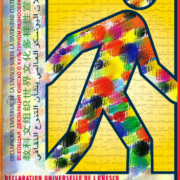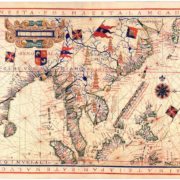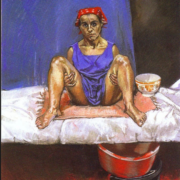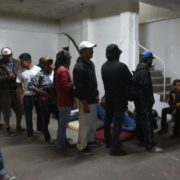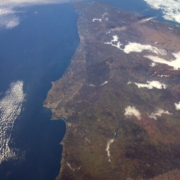Immigration
‘Migration is a right, not a privilege’ – António Guterres, UN Secretary-General
Only immigration can save the Portuguese from extinction as more old people die than babies are born and the number of people leaving the country continues to be greater than the number entering it.
Over the past ten years more than 400.000 ‘new citizens’ have been added to a population of 10 million due to an extension of the law in 2006, allowing expatriates to obtain the Portuguese nationality after residing at least six years in Portugal. But who are these migrants and where do they stay?
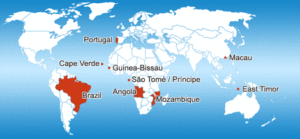 The majority of the ‘new citizens’ originate from Portuguese speaking countries such as Brazil (120.000), Cape Verde (75.000), Guinea–Bissau (35.000), and Angola (35.000). During the same period, a considerable number of Ukrainians (25.000) and Romanians (30.000) settled in the country.
The majority of the ‘new citizens’ originate from Portuguese speaking countries such as Brazil (120.000), Cape Verde (75.000), Guinea–Bissau (35.000), and Angola (35.000). During the same period, a considerable number of Ukrainians (25.000) and Romanians (30.000) settled in the country.
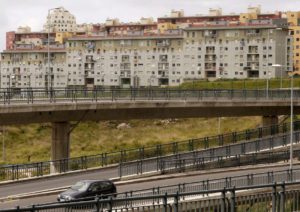
About half of the ‘new citizens’ live in the Lisbon Metropolitan Area, over 60.000 in the sunny Algarve, about 35.000 around Setúbal and 25.000 in the northern harbor town Porto. Lately more Western Europeans – primarily French and English – than Eastern Europeans and Africans are entering the country.
Portugal’s state of security, quality of life and favorable fiscal climate – especially of interest for wealthy pensioners from EU countries – definitively play a role.
It has always been difficult to get a residence permit without a fixed work contract. Yet last summer, the socialist government decided to relax the law allowing migrants with a provisional work contract or even a promise of employment, to apply for a permit. Moreover, immigrants caring for minors and those who are born in Portugal may no longer – according to the new legislation – be simply expelled from the country. A prerequisite, however, is that they haven’t entered Portugal illegally.
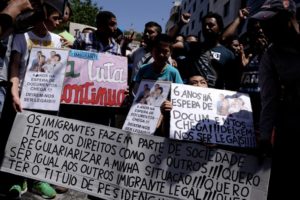 Timothy Macedo – from the NGO Solidaridade Imigrante (SOLEM) – is happy with the new law, but points out that there are more than 30.000 illegals (the vast majority living in Lisbon) and that most of them are waiting for years to be assessed by the Foreigners and Borders Service (SEF).
Timothy Macedo – from the NGO Solidaridade Imigrante (SOLEM) – is happy with the new law, but points out that there are more than 30.000 illegals (the vast majority living in Lisbon) and that most of them are waiting for years to be assessed by the Foreigners and Borders Service (SEF).
Without legal documents, they are condemned to dirty, illegal and badly-paid jobs and deprived of social security. Cynthia Paula – from the NGO Casa do Brasil – also denounces the lack of political will, huge bureaucracy and enormous waiting lists at the SEF, giving rise to unnecessary ‘slow and unjust’ integration and exploitation of illegal workers.
Bom fim de semana Have a great weekend

